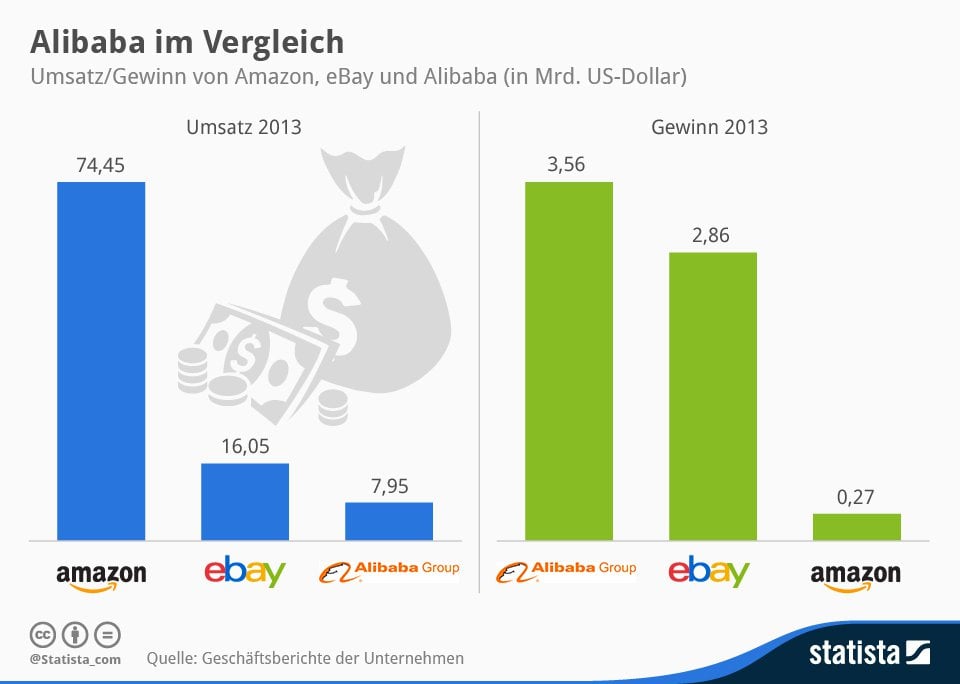

#UMSATZ DEUTSCHLAND 2014 TV#
On 20 April 2011 ProSiebenSat.1 wanted to sell their TV channels in Belgium and the Netherlands for 1.225 billion euro to an international media group led by the Finnish concern Sanoma. After finishing the bookbuilding process (according to their own disclosures) they are going to have 53 percent of the capital stock. That made up 3.7 percent of the capital stock. On 12 January 2011, Permira and KKR announced the sale of 8 million non-voting shares. The group saved especially on program expenditures. In October 2009, the TV channel group had debts totaling more than 3.4 billion euro and they only paid the taxes for the loan. In the meantime Conrad Albert is taking over the management. He left the company in February 2018 and will be replaced by Max Conze on 1 June 2018. On 1 March 2009, Thomas Ebeling became the manager of the concern. Īt the end of 2008, Guillaume de Posch left the company at his own request. This deal concluded in August of the same year. In June 2008 TMG announced going into the company without their right of preemption. Upon the takeover of SBS by ProSiebenSat1 in Summer 2007 KKR and Permira offered an option to the other owner, Telegraaf Media Groep (TMG), for 12% of the common stock if they renounce their right of preemption.

Therefore, the Lavena Holding 5 which was jointly controlled by KKR and Permira got 5% of the common stock as well as 25% of the non-preferred stock. This transaction was concluded on 16 January 2008. On 10 December 2007 the Axel Springer AG announced a complete pull-out from ProSiebenSat.1 and the sale of their holding consisting of 12% of common stock and preferred stock to KKR and Permira for 500 million euro. Subsequently, further news shows were also to be cancelled or downsized. On the same day two boulevard shows at Sat.1 were cancelled.

On 16 July 2007 the concern announced the reduction of 180 jobs (100 of which in Berlin and 80 in Munich) until 2009. In the summer of 2007, ProSiebenSat.1 took 100 percent ownership in SBS for 3.3 billion euro and became in this way to the second biggest television broadcaster in Europe with yearly revenues of 3.1 billion euro.
#UMSATZ DEUTSCHLAND 2014 FREE#
The rest - 49.5 percent - of the stock are listed on the stock exchange and in free float. ĥ0.5 percent of the stock have got 88 percent of the voting rights. SBS was made up of 19 private TV channels, 20 pay TV channels and radio stations. The shareholding was merged with Permira and KKR's other European media shareholding SBS Broadcasting Group from Luxemburg. Haim Saban's shareholding was bought by Permira, a private equity company and Kohlberg Kravis Roberts (KKR) for about three billion euro on 14 December 2006. Springer announced withdrew its offer on 31 January 2006. In 2005 Axel Springer Verlag offered to buy the company for three billion euro, but this purchase was blocked by the Federal Cartel Office and the Commission on Concentration in the Media. When chairman Urs Rohner left the company up to 30 April 2004 "at his own request", Guillaume de Posch, a Belgian, became the new chairman. In the same year, the company had over three thousand employees. The company's TV channels, aimed at an age group of 14 to 49 year-old had a market share of more than 30 percent and earned of 1.8 billion euro in 2002, making a profit of 21 million euro. The remaining 12 percent belonged to Axel Springer AG.Īfter the takeover by P7S1 Holding the company was restructured and some TV shows were cancelled. Saban took over the TV channel group for 500 million euro. In 2003 the company was bought out by P7S1 Holding, which 25-percent owned by Haim Saban's Saban Capital Group and other investors, who got an 88 percent voting share. The company's stock price crashed following the failed merger. The company nearly merged with KirchMedia GmbH in 2002, but the merger failed due to the insolvency of the Kirch group. The company controlled various TV channels such as SAT.1, ProSieben and kabel eins.Ĭollapse of the Kirch group and takeover by Haim Saban ProSieben Media AG and Sat.1 SatellitenFernsehen GmbH, which was also part of the Kirch group, merged in 2000. KGaA became the majority shareholder in ProSieben Media AG at the end of 1999.


 0 kommentar(er)
0 kommentar(er)
